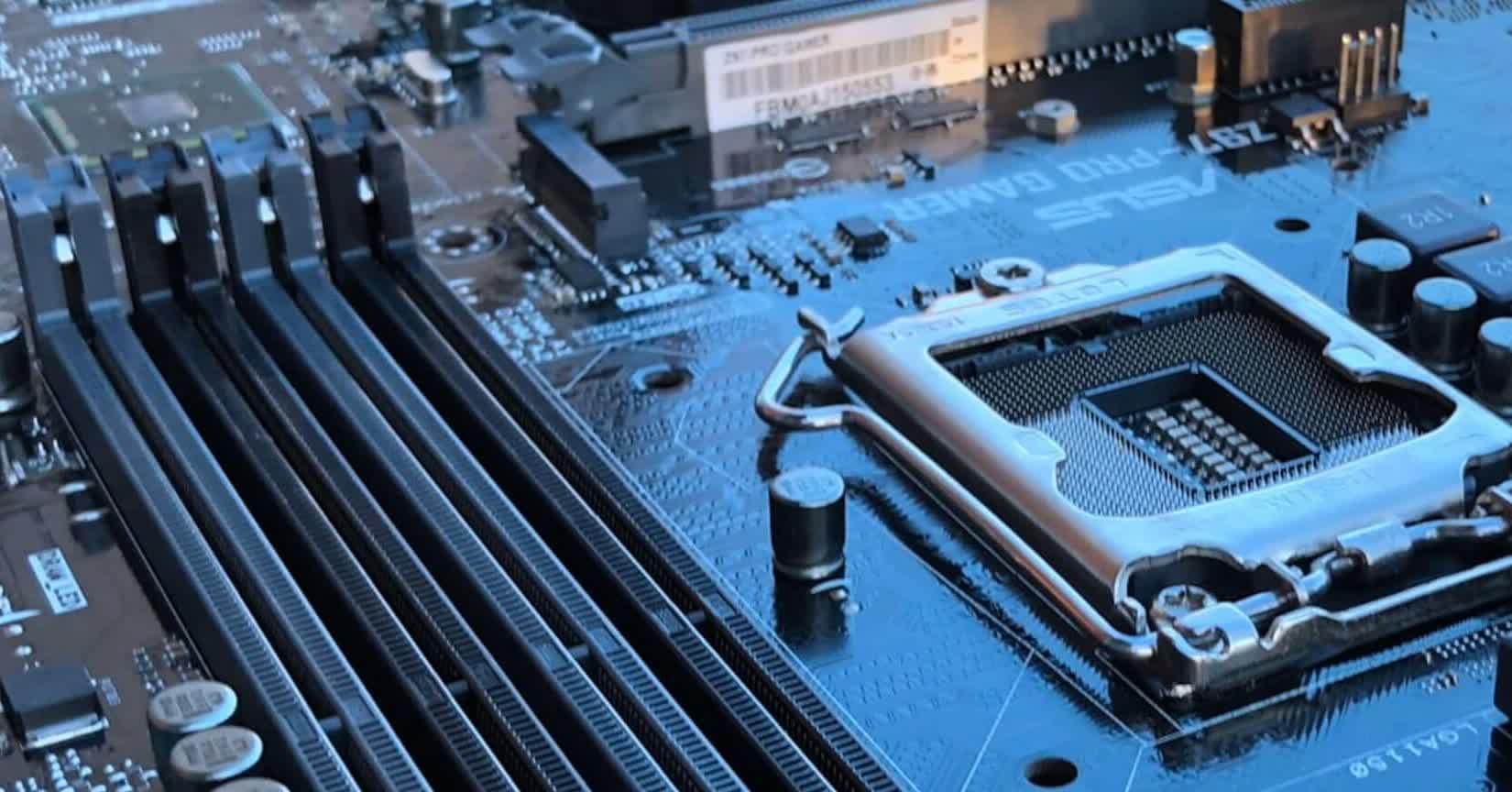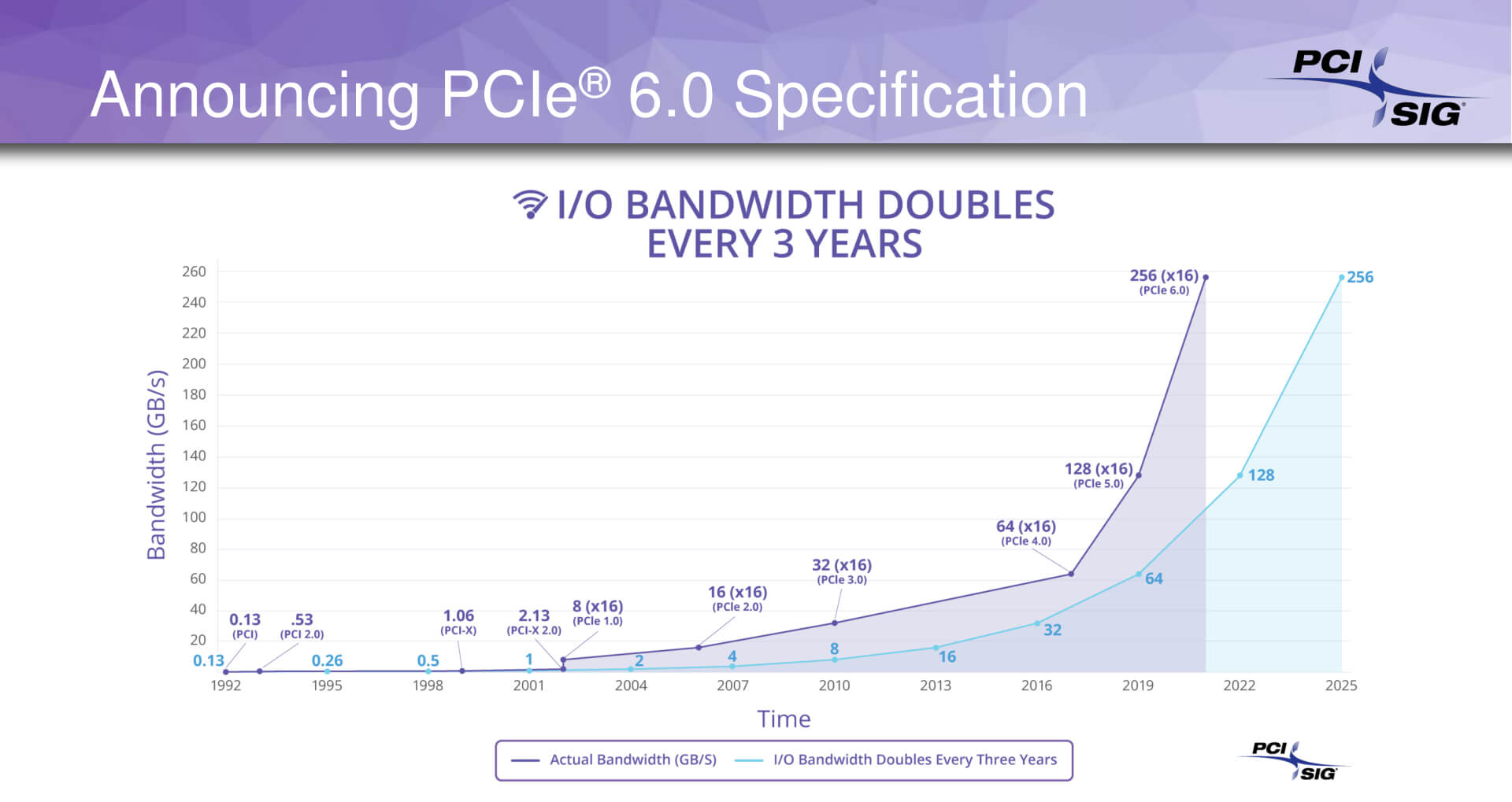Something to look forward to: The PCI Special Interest Group (PCI-SIG) this week released the 0.9 draft specification for PCIe 6.0, which will be the final draft before the full 1.0 release. Though this is a major step forward, it will still be a long while yet before PCIe 6.0 actually gets into the hands of consumers.

PCI-SIG made the announcement on its website that it has reached the final step before it can release the full specification for manufacturers to start making hardware that supports PCIe 6.0. The 0.7 specification was released last November. PCI-SIG president Al Yanes told The Register that the final 1.0 release is currently scheduled for the end of this year or early 2022.
In consumer PCs, PCIe is the technology that connects certain pieces of hardware like graphics cards, SSDs, and other components to motherboards. Each version of PCIe has had more bandwidth for faster connections than the last. PCIe 6.0 is set to double the bandwidth of PCIe 5.0, promising up to 64 gigatransfers per second and up to 256 GB/s though x16 configuration. It will also include flow control unit-based (FLIT) encoding and Low-latency Forward Error Correction (FEC). The FEC will have additional mechanisms to improve bandwidth efficiency. PCIe 6.0 will be backwards compatible with previous generations.
(Click to expand)
Even when PCI-SIG releases the full specification, we'll still be a long way from actually seeing it in consumer hardware. "The rule of thumb is that we typically see products utilizing the latest PCIe architecture 12 to 18 months after final specification release," Yanes said to The Register.
The latest processors and graphics cards from companies like AMD, Intel, and Nvidia have only just started to adopt PCIe 4.0, and the same goes for the latest SSDs. The specifications for PCIe 5.0 came out in 2019, but hardware manufacturers are still preparing to upgrade all their products to that generation.
https://www.techspot.com/news/91662-final-pcie-60-draft-specification-released-full-version.html
